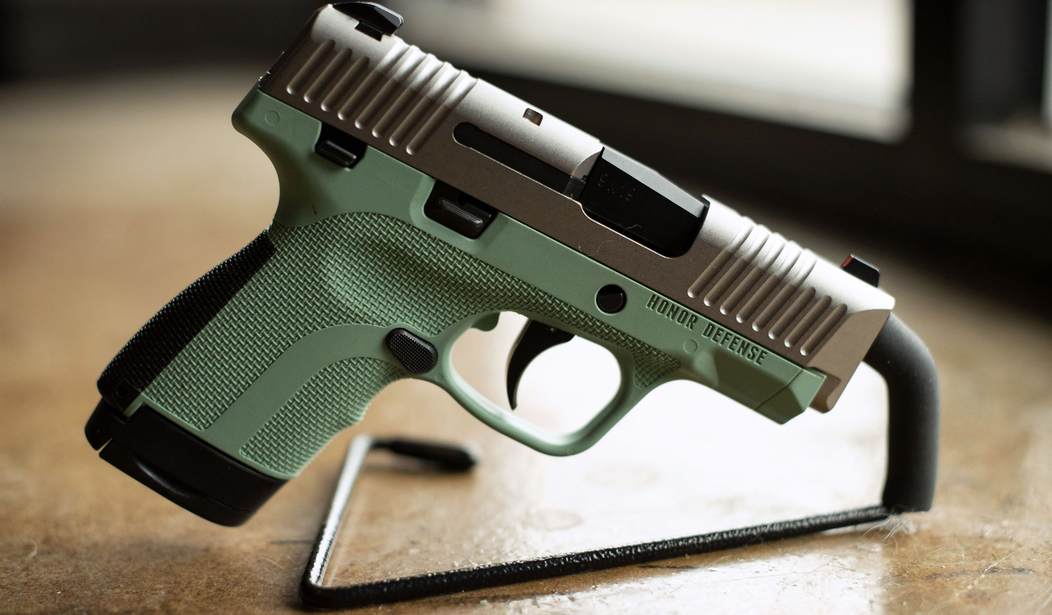A federal judge has issued a temporary restraining order against New Jersey legislation that would create an unprecedented expansion of gun control in the state.
The legislation, passed last year, created “sensitive places” in which guns would be restricted. The term was so broad it ended up encompassing almost everything, which was likely the point. The SCOTUS Bruen ruling last year restored second amendment freedoms that had been log-jamming gun ownership in far left states like California and New York. New Jersey’s legislation was a response to the ruling.
New Jersey’s response to Bruen, in part, was to criminalize firearm possession in “sensitive places,” which the law lists as public libraries, museums, bars and restaurants where alcohol is served, entertainment facilities, private property, and in vehicles.
— Gabriel Malor (@gabrielmalor) January 9, 2023
Plaintiffs in the suit launched opposing the legislation claimed that the “sensitive places” clause caused a “veritable minefield” for gun owners. U.S. District Judge Renee Marie Bumb agreed in her 60-page decision, saying no historical traditions could be found to support the “sensitive places” language.
“As Plaintiffs lament, the challenged provisions force a person permitted to carry a firearm in New Jersey to navigate a ‘veritable minefield.’ Their view is a legitimate one. The Court knows of no constitutional right that requires this much guesswork by individuals wanting to exercise such right.”
Attorney and SCOTUS watcher Gabriel Malor pointed out that New Jersey’s attempt to delay the decision in order to “gather historical evidence” for the judge was rightly rebuffed. Bumb reminded the defendants in her decision that not only did they have six months to gather the data, the Supreme Court’s Bruen decision made it clear that any legislature taking up gun control would have to prove “historical tradition” when introducing such laws. The state should have already had the evidence in hand as a result of the legislation that had passed.
“Surely, defendants had – or should have had – the historical materials in analyses the State relied upon when it began its legislative response to Bruen. After all, the Supreme Court was clear that in order for any gun control legislation to pass constitutional muster under the second amendment, such legislation must be consistent with historical tradition. The State has had six months since Bruen to identify well-established and representative historical analogues.”
Lawgeeks, there’s an interesting discussion in here about New Jersey’s attempts at delay to gather historical evidence.
The court reasonably points out that “surely” the state already has that evidence. The legislature said so when it passed the new gun law. pic.twitter.com/VfCnz5pdv9
— Gabriel Malor (@gabrielmalor) January 9, 2023
Bumb’s ruling said the plaintiffs – who held concealed carry permits – were deprived of their Second Amendment rights, and “neither the State nor the public has an interest in enforcing unconstitutional laws.”













Join the conversation as a VIP Member